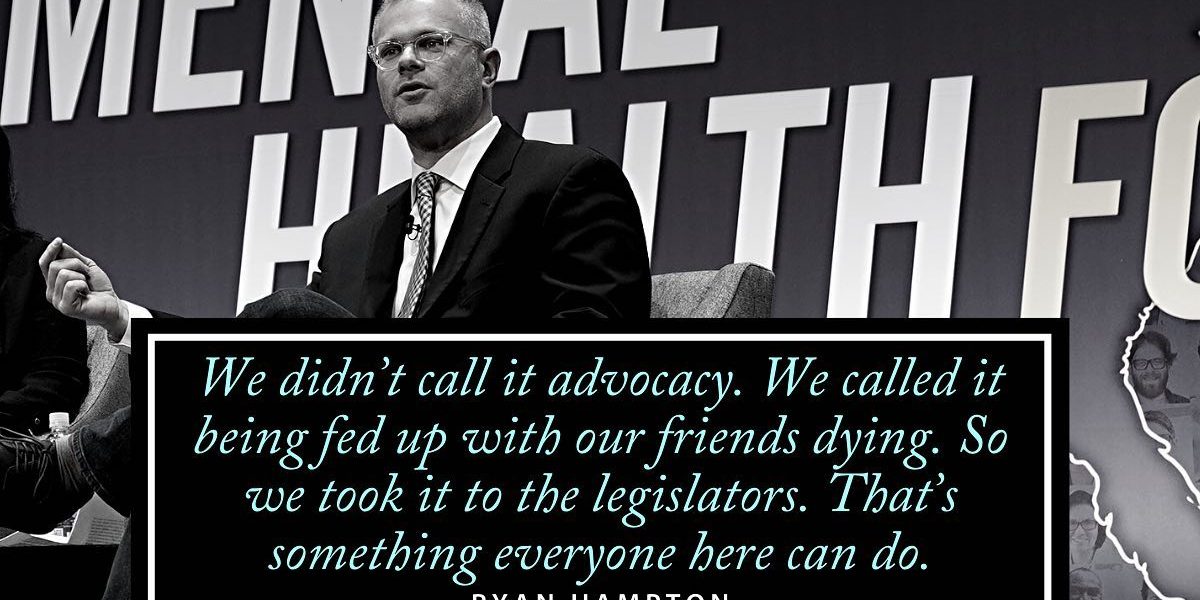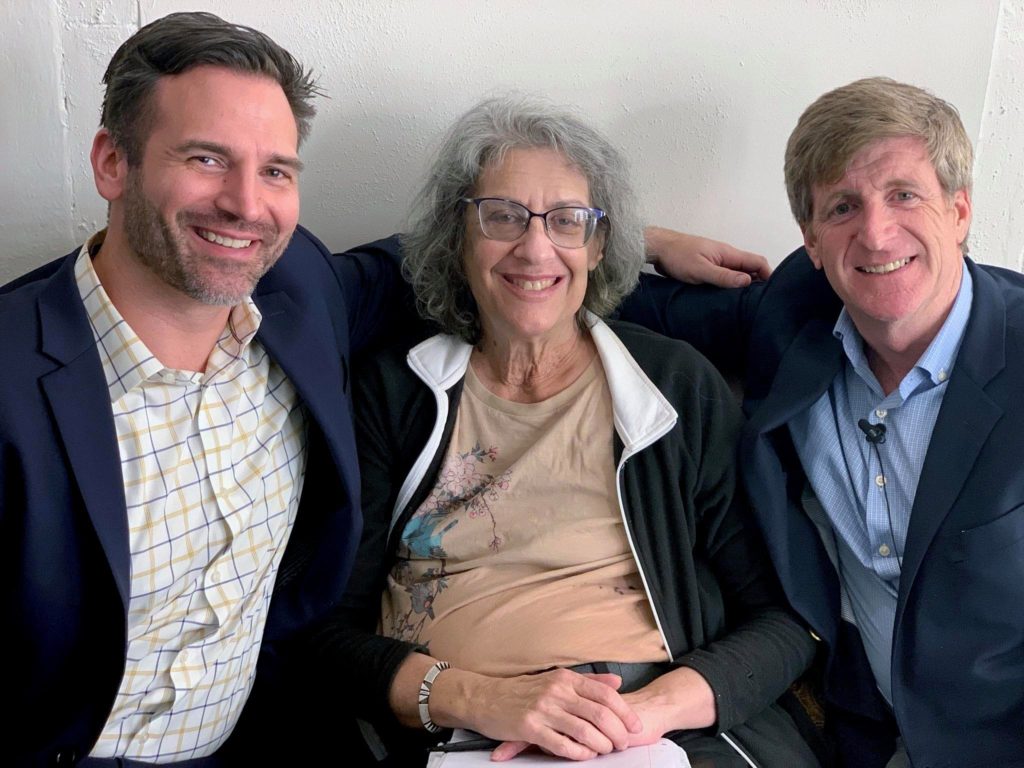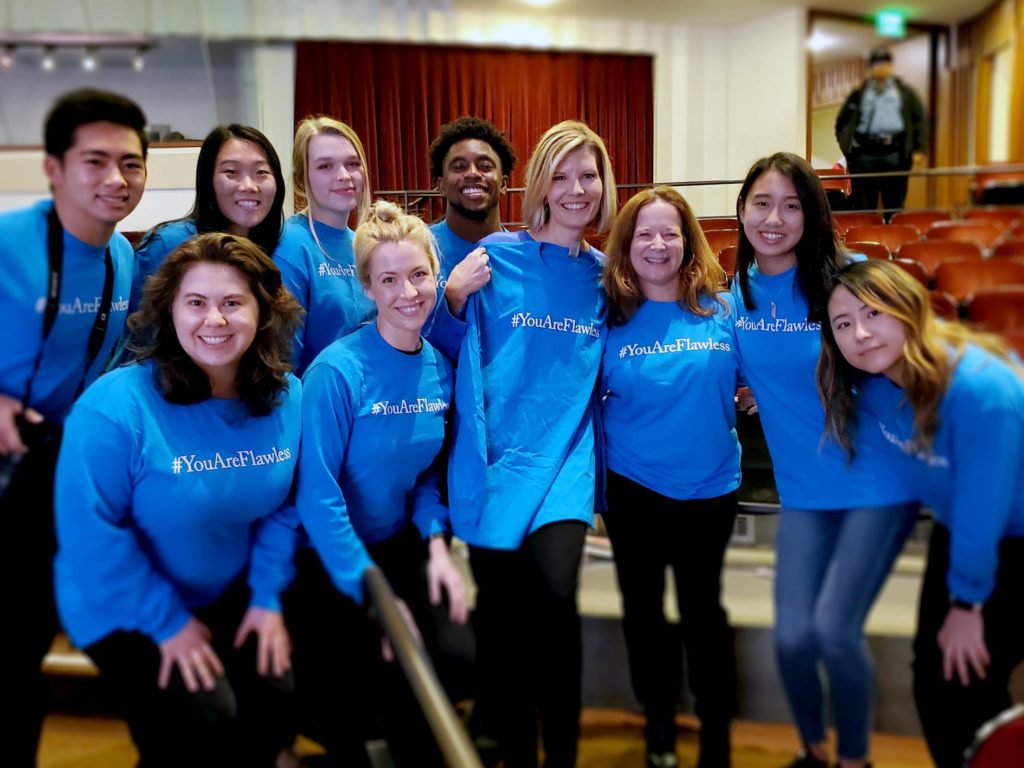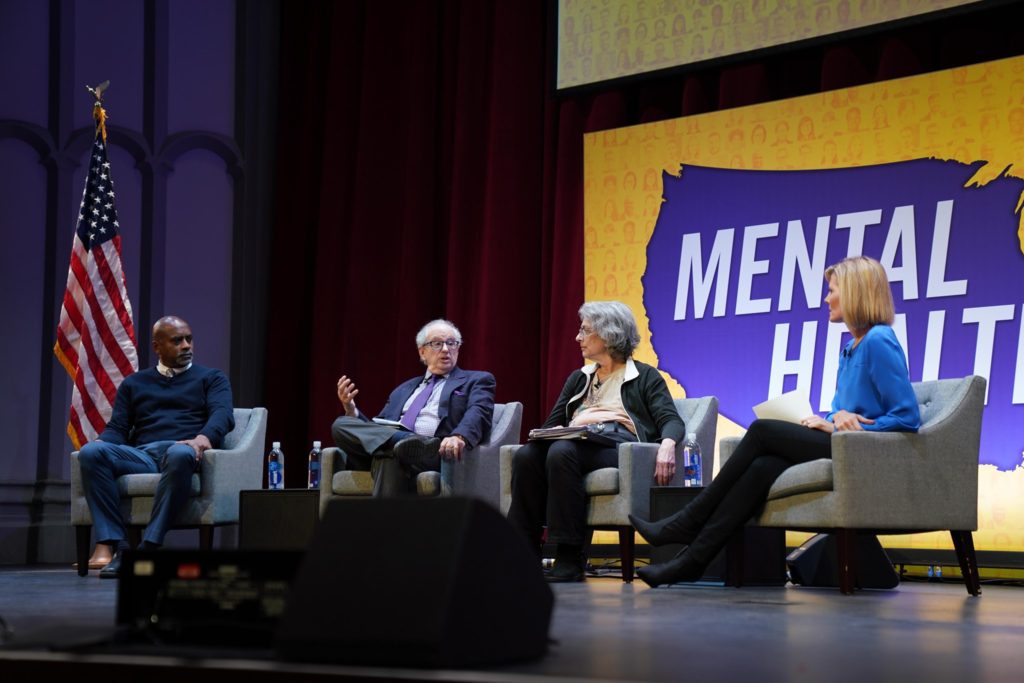By Maureen Mahoney, Flawless Fellow
I was flying home to Washington, DC after the Mental Health for US New Hampshire Town Hall in December, and I was sitting in the last row on the plane, excited because it seemed like I was going to have the row to myself. As the doors were about to close, a man came running up the aisle, out of breath and looking flustered, and sat next to me in the (formerly) empty seat. But by the end of the flight, I was grateful I ended up next to this man rather than having that extra empty space. Jason, as I soon learned his name and much more about him, asked if I was from DC and if I had any recommendations. He was traveling for work and had never been there. After giving him the ins and outs of what’s good in my hometown, he asked why I was in New Hampshire. I told him why I’d been traveling, and his eyes instantly brightened, asking questions about the event, our organization, and what he could do to help the cause of mental health. Of course, I told him to sign Mental Health for US’s statement of support and to allow mental health policy to play a factor in deciding who he would vote for in 2020. But beyond that, I reiterated the overarching message: keep using your voice to share your story. He confided in me that only two years ago, his cousin had died by suicide and that now he felt that brain health was a very personal issue for him. He thanked me for the work I was doing, and he expressed how much it meant to feel so comfortable talking about struggles like this on a plane with a stranger.
At every event I attend with the Flawless Foundation, I am filled with hope, inspiration, and admiration for the individuals and organizations working towards improving the culture of mental health in our world. While I was unable to attend the Unite for Mental Health Forum in Los Angeles, I watched the live-stream and followed all the social media coverage. Once again, Patrick Kennedy was captivating while telling the story of his sobriety and sharing his immense knowledge of the mental health and addiction epidemic in our country. The night was filled with many other flawless speakers including Elyn Saks, Norm Ornstein, Ryan Hampton, Kate Snow, Anthony Rodriguez, Sophia Pine, Ross Szabo, and so many more who all were brave enough to elevate their voices and share their personal stories.
Something I’ve noticed in attending events like these is how many people state – rightly so – that brain health affects everyone. But I’ve also noticed that many people are uncomfortable speaking up if they are not directly involved in the mental health sphere, either professionally or with a ‘personal story.’ But we need all people to step up; we all belong in the mental health conversation. As Elyn Saks put it: “People being able to come forward and tell their stories is incredibly important.” This needs to happen not just in mental health forums, events, and organizations; it needs to happen with all people in everyday life.
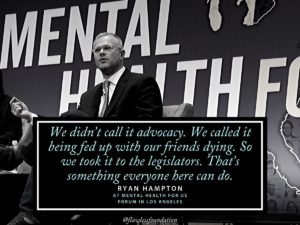
Ryan Hampton’s story of how he ‘became an advocate’ was incredible in how simple it was: he described going to local legislators about addiction resources, he said they “didn’t call it advocacy; it was them being fed up with their friends dying.” Ryan and his friends turned their very real pain into a catalyst for change so that fewer people have to experience losing a friend to suicide or addiction. This simple action, combining with the power of sharing your story, has inspired me to become even more of an advocate in my own life.
I told my roommates about the LA event, what I had learned, and what it means in the context of young college students. Storytelling proved its power. Four of my friends opened up to me about their mental health challenges and one friend in particular described her anxiety and how she had just recently been diagnosed. She explained how the diagnosis helped her understand so much about herself and why she acted and thought in many specific ways growing up. Putting a name to these things helped her manage it, and she expressed gratitude for how far the mental health community has come even just since being a child. We all left that conversation feeling much happier knowing we have each other to open up about mental health challenges, no matter how big or small they are in comparison. This moment taught me how easy being an advocate for mental health can be and how big of a difference a simple conversation can make.

